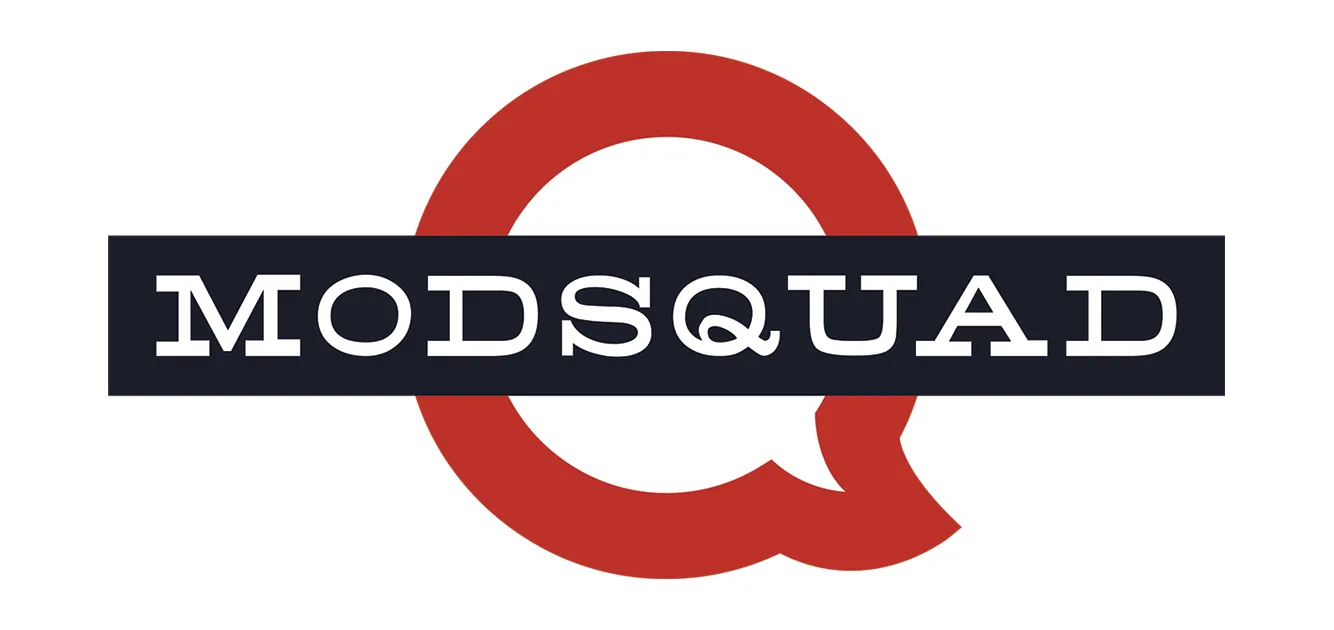
Break the Rules On Purpose
By Sanya Weathers
There’s an exception to every rule. There’s an exception that proves the rule. There are special cases, unusual circumstances, and more. Every day, you’ll be tempted to break a rule of social media and online interaction. My advice to you? Know what rule you’re breaking and why, and you’ll get away with it. It’s only the suckers who break the rules by accident that come to grief.
The Rule: No Discussion of Religion (and Other Untouchable Topics).
The Exception: The Recent Not-Apocalypse.
Why the Exception Was Okay: Unless your product is specifically targeted to a religious market, I always recommend not allowing the discussion of religion and other things your mother told you not to discuss at dinner. Everyone is entitled to their own beliefs, but they are not entitled to make other people feel defensive or uncomfortable. Rather than seeing how many hairs you can split while dancing on the head of a pin, it’s better to just tell people to take it elsewhere.
But when the entire internet is chatting about something like the predicted apocalypse, well, it’s better to allow a little controlled discussion than to try and stop it. Any topic trending at the top of Twitter is going to be a hard topic to keep off your board. Don’t try.
The Rule: Respond Within 24 Hours.
The Exception: Lawyers Are Involved.
Why the Exception is Okay: Responding to customers about an issue with legal implications can destroy your ability to defend yourself in court. This is not an exaggeration. The minute any kind of lawyer is involved, do not post. Push for permission to say you’re not posting because you don’t dare comment about legal matters, but after that, just stop talking.
The Rule: Don’t Spam.
The Exception: Customers Who Miss the Message Will Suffer.
Why the Exception is Okay: You already know you shouldn’t repeat a message too many times. And you know that social media is for being social, not for endless self-promotion. If the point of the message is to benefit you, you cannot spam people with it. But you can make an exception if the message if for the benefit of your customer, and I don’t mean you’re promoting a 20% off sale. I mean that in the event of your server security being compromised, you can put a message on a repeating loop to increase the odds of your customers seeing it in time to change their passwords.
The Rule: Don’t Post Angry
The Exception: Lies
Why the Exception Is Okay: It’s the first thing I drill into new moderators, CSRs, and other customer-facing jobs: Do not post while angry. There’s just no point. Lives are not at stake. There is never any reason to post without thinking, and when you are angry, you are by definition too emotional to post with, well, reason.
The exception is when someone is trying to smear you with a lie. I don’t mean your garden variety nonsense, I mean really filthy stuff – persistent accusations of racism, pedophilia, etc. Any normal person would be offended at that sort of thing, and you don’t need to take it.
Just note that the key elements are “persistent” and “really filthy.” A one-off where some jackass tosses around a word with more syllables than his IQ has digits is still not worthy of a response.
Oh, and note that your response shouldn’t be made on Twitter or Facebook. Even if anger is justified, you need to make sure you’re not too quotable, that you’ve waited 24 hours to reflect, and that you’re posting in a medium that provides context such as a blog post.
The Rule: No Excuses
The Exception: When the Excuse is Also a Reason
Why the Exception is Okay: What’s the difference between an excuse and a reason, when you’re talking to someone you’ve offended or injured? The excuse makes you feel better. The reason makes the other guy feel better.
If you’re doing cleanup after a mistake on the part of your company, don’t make excuses. They just don’t work in a social media context and usually make a bad situation worse. But if your comment could qualify as a reason from a customer’s perspective (not yours), go ahead and put it out there.
The Rule: No Personal Stuff On the Company Accounts
The Exception: When Simple Decency Demands It
Why the Exception is Okay: The thing about social media, community development, and relationship building in service of supporting a brand is that you’re harnessing a quirk of human psychology to enhance your product’s value. People like feeling connected to other people. They like to belong. They like to socialize.
You can never forget that it’s not your personal Twitter account, lest you alienate customers. But there are moments that transcend brand management. If a message of condolence and sympathy to the victims of a major disaster would seem out of place on your Twitter feed, you have a lot to learn about authenticity in social media.

